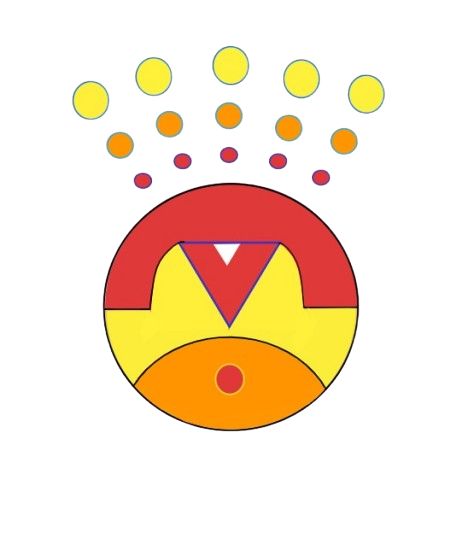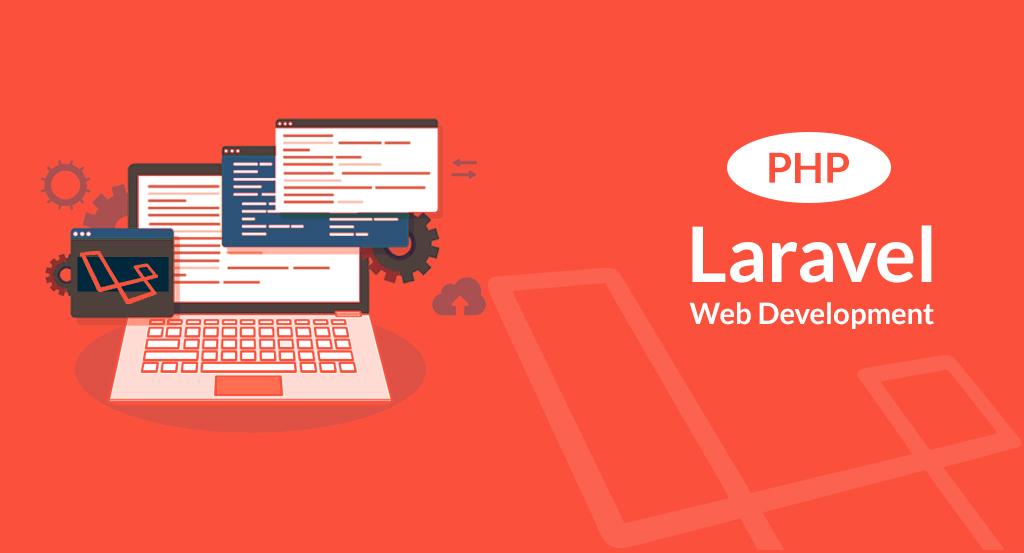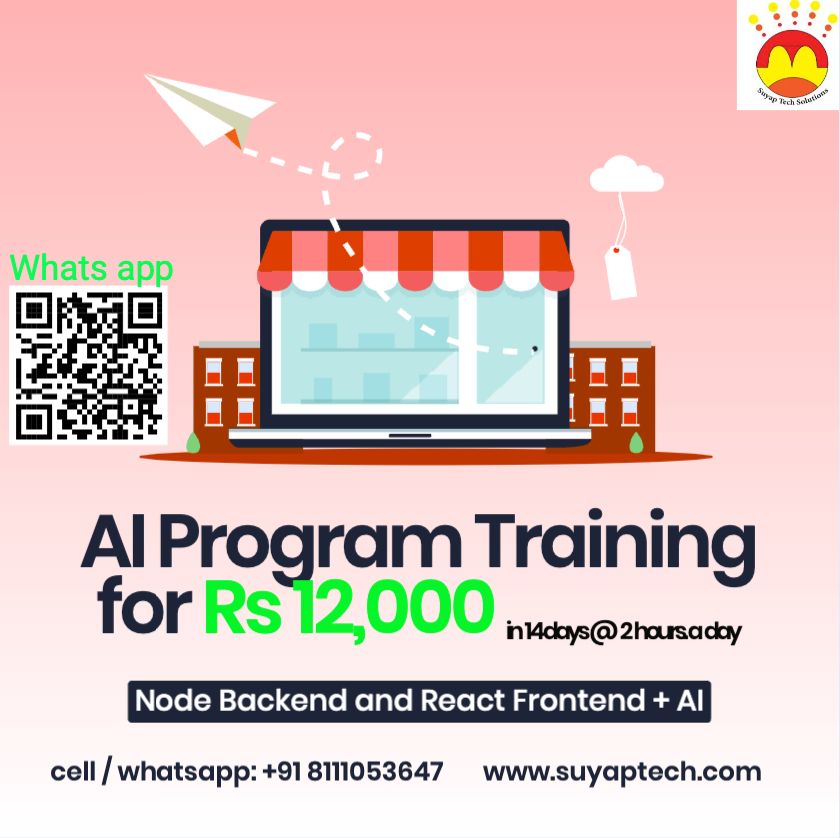Are you ready to embark on a journey into the world of modern web development with PHP Laravel? Welcome to our training program, where we’ll guide you through mastering one of the most popular and powerful PHP frameworks used for building robust and scalable web applications. PHP Laravel is a free, open-source PHP web framework designed for building web applications following the MVC (Model-View-Controller) architectural pattern. It provides a rich set of features, including routing, middleware, authentication, database ORM (Object-Relational Mapping), and templating, enabling developers to build complex applications with ease.
Who Should Attend?
Our PHP Laravel training program is suitable for:
- Web Developers
- PHP Developers
- Backend Developers
- Anyone interested in learning PHP Laravel for web development
Course Content
Introduction to Laravel PHP Framework
- What is Laravel?
- Overview of Laravel framework
- Key features and benefits
- Why use Laravel for web development?
- Advantages of Laravel over other PHP frameworks
- Community support and ecosystem
- Setting up the Development Environment
- Installing PHP, Composer, and Laravel
- Configuring the development environment
Getting Started with Laravel
- Creating a Basic Laravel Application
- Setting up a new Laravel project
- Understanding Laravel directory structure
- Understanding Routes and Middleware
- Introduction to routes in Laravel
- Middleware in Laravel applications
- Handling HTTP Requests and Responses
- Creating routes for handling requests
- Returning responses from routes
- Blade Templating Engine
- Introduction to Blade templating
- Creating and using Blade templates
- Blade directives and syntax
Laravel Middleware
- Understanding Middleware in Laravel
- What is middleware and its role in Laravel
- Global vs. route-specific middleware
- Creating Custom Middleware
- Writing custom middleware for specific tasks
- Registering and using custom middleware
- Using Third-party Middleware
- Utilizing popular middleware like CORS, authentication, etc.
Working with Data
- Introduction to Databases in Laravel
- Supported databases in Laravel (MySQL, PostgreSQL, SQLite, etc.)
- Integrating Databases with Laravel
- Configuring database connections in Laravel
- Database migrations and seeding
- Performing CRUD Operations
- Using Eloquent ORM for database operations
- CRUD operations with Laravel models
- Using ORMs
- Working with ORMs like Eloquent for database interaction
Authentication and Authorization
- Introduction to Authentication and Authorization
- Importance of authentication and authorization in web applications
- Implementing Authentication
- Setting up user authentication with Laravel’s built-in Auth system
- Registration, login, and password reset functionalities
- Securing Routes and Resources
- Role-based access control using middleware
- Protecting routes and resources with Laravel policies and gates
Error Handling
- Understanding Error Handling in Laravel
- Exception handling in Laravel applications
- Handling validation errors, database errors, etc.
- Error Handling Middleware
- Writing custom error handling middleware
- Handling and displaying different types of errors
Testing
- Unit Testing in Laravel
- Writing and executing unit tests using PHPUnit
- Mocking dependencies for testing
- Integration Testing
- Testing Laravel applications with PHPUnit
- Using tools like Laravel Dusk for browser testing
Deployment
- Preparing for Production
- Optimizing Laravel applications for production
- Configuring environment variables
- Choosing a Hosting Provider
- Comparing hosting providers for Laravel applications
- Deployment strategies (Heroku, AWS, DigitalOcean)
- Deploying Laravel Applications
- Deploying Laravel applications to a server
- Configuring web servers like Apache or Nginx for Laravel
Advanced Topics
- Building RESTful APIs
- Creating APIs with Laravel for mobile and web applications
- RESTful routing and resource controllers
- Real-time Applications with Laravel
- Introduction to real-time features with Laravel Echo
- Using WebSockets for real-time communication
- Performance Optimization
- Caching techniques for Laravel applications
- Improving database queries and application performance









